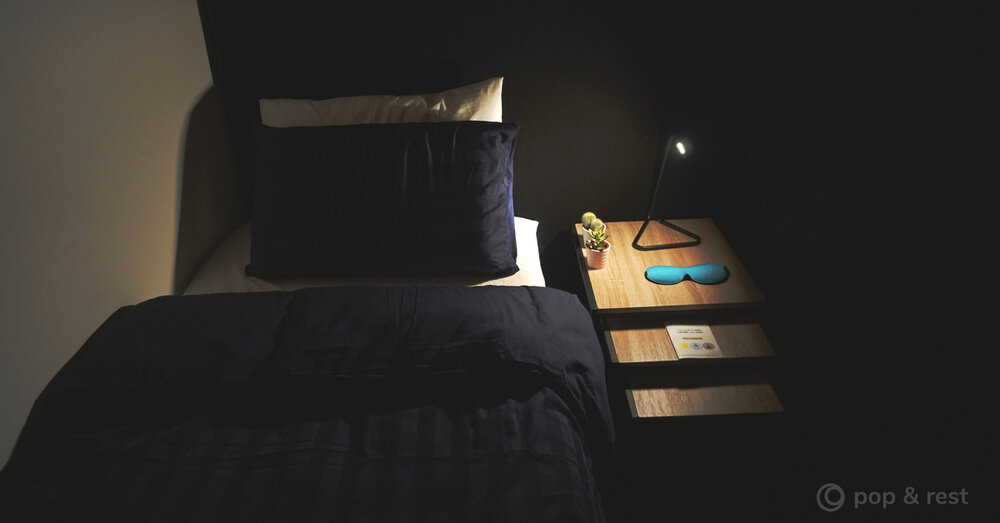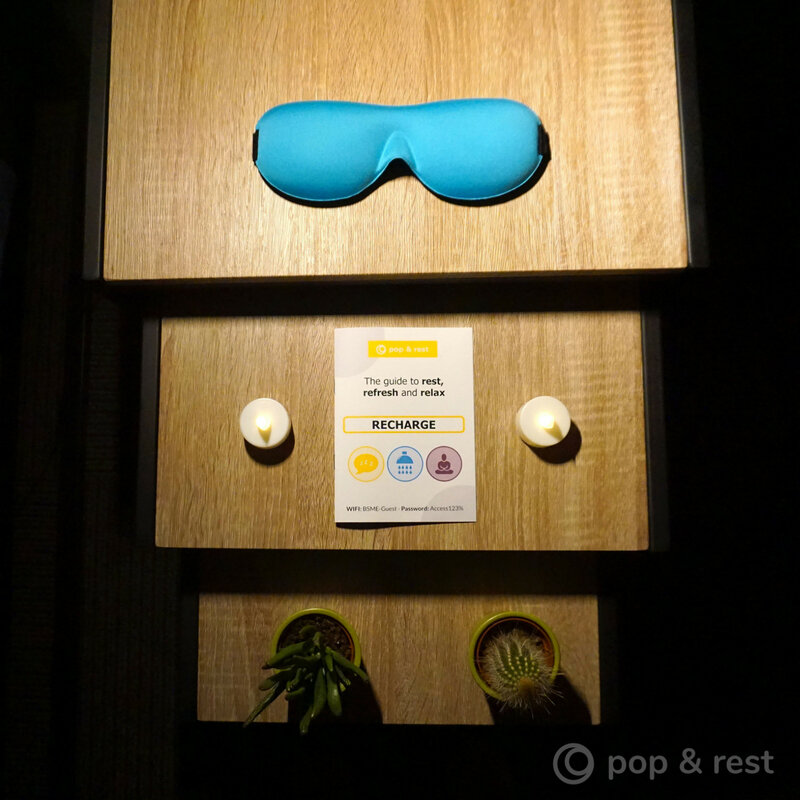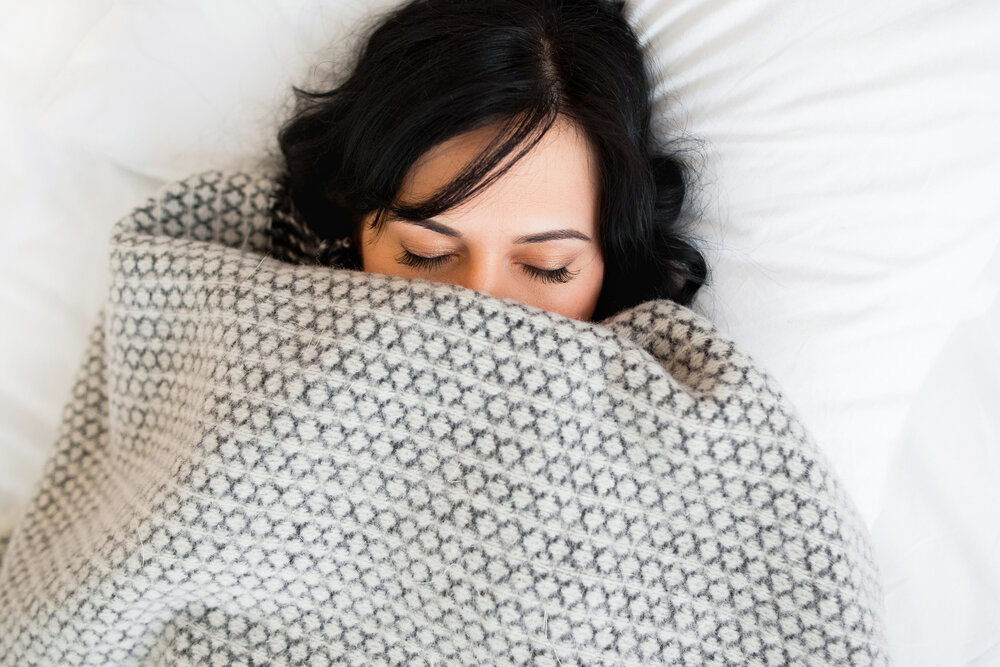We all have nights when we fall seriously short of the recommended eight hours of shuteye, and the following day can feel like you’re fighting your way through brain fog and struggling to concentrate, particularly by the afternoon.
It was apparently Winston Churchill who first coined the term ‘power nap’, saying that a daily two-hour sleep top-up gave him the ability to think more clearly.
In fact, many high-achievers throughout history are said to have sworn by the benefits of a daily afternoon snooze, including Albert Einstein, Leonardo da Vinci and John F. Kennedy.
While it’s generally accepted that there’s no substitute for a solid good night’s sleep, for many people, that’s not always easy to achieve. But is it better to perk yourself up by chain-drinking coffee, or would a lunchtime nap actually do you some good?
While most workplaces aren’t going to condone employees having a quick sleep at their desks, there’s a concept new to the UK that might change the future of how we use our lunch breaks, and impact our afternoon productivity – in the form of ‘nap pods’.
The idea originated in Japan. The first – Capsule Inn Osaka – opened in 1979 and coincided with an increase in taxi fares, so it became a more practical alternative than nipping home for a nap for late-working business people.
Now, capsule hotels are commonplace in many Japanese cities, usually just a tiny room filled with a bed.
Futuristic-looking one-person ‘Airpods’ were developed this year in Slovenia and are expected to be rolled out in European airports and train stations this autumn, while New York’s LaGuardia Airport and Helsinki Airport have similar products for tired travellers.
An early afternoon rest is, of course, a long-embedded part of life in many cultures.
The siesta – two or three hours where businesses shut shop during the hottest part of the day so workers can rest – originated in Spain but also exists in Italy, as well as some Central and South American countries.
In China, ‘the right to rest’ is even in the constitution and many workers are encouraged to take a 30-minute nap at their desks after lunch.
In the UK and Ireland, rest has always been considered a night-time activity, but there are many factors that might increase our need for more daytime resting.
According to the TUC, one in eight people now do shift work, often with frequently changing shift patterns.
Technology now means we check work emails at home so never really switch off, and the traditional nine-to-five feels like something that belongs to a bygone era, with more and more people expected
to work as many hours as necessary to get the job done.
So, maybe we should take a leaf out out of other countries’ books and rest during the day – and there’s now actually a place to do it. Pop and Rest has opened its first permanent space in East London, where you can pay per half-hour (or up to three if you need it) for a snooze.
“Sometimes people don’t prioritise sleep, it’s seen as weak in the working environment, but that’s wrong,” says Mauricio Villamizar, CEO of Pop and Rest. “People are starting to realise how important sleep is for a good quality of life.”
He says people from all walks of life have used the pods so far; local office workers, backpackers, people who work hard and play hard, and new parents: “It helps them get through the day if they’ve only slept for a few hours the night before and have to get up for work.”
Villamizar (who hails from Colombia, which has a siesta) says a nap can help you “refocus and recharge to have more energy in the afternoon”. The four ‘pods’ are surprisingly spacious, like mini hotel rooms with a single bed and bedside table.
Villamizar explains they are designed to be bigger than Japanese capsule hotels, with space to stand up and stretch. “We want you to feel like you’re at home, where you can relax and unwind.”
With a pretty bad night’s sleep behind me, I head to Pop and Rest for a 30-minute snooze, which costs £8 (one hour is £15, two is £28).
Feeling marginally guilty that I’m not spending my lunch break eating at my desk while simultaneously checking emails, it feels like a luxury pulling over a duvet in the middle of the day.
With gentle jungle sounds playing (which you can drown out with earplugs if you prefer), it’s a little haven in the middle of a busy city.
I can hear a few cars outside and footsteps upstairs (they’re working to make the pods more soundproof), but I soon drift off into a half-asleep but ‘very aware I need to get up soon’ sort of state.

Back at work, I’m convinced the midday lie-down has done some good, though. I get through the rest of my work efficiently and end up working a couple of hours longer than usual.
And, there’s evidence to suggest it’s not all in my head. Dr Mark Winwood, director of psychological services at AXA PPP Healthcare, says: “Studies of napping have shown improvement in cognitive function, creative thinking, alertness and memory performance.
“As we go through the day, our levels of alertness decrease, so [it] can be a really helpful way of resetting ourselves.
There are also long-term benefits to regular naps, including reduced blood pressure levels and reducing the risk of cardiovascular disease.”
But he warns that napping for too long can create a “sleep hangover, aka sleep inertia (the grogginess and disorientation after a deep sleep), which can disturb your normal sleep cycle”.

Dr Emer MacSweeney, a neuroradiologist at Re:Cognition Health, agrees that the length of the nap is key, as well as the time of day it’s taken.
“To energise your afternoon, a quick 20-minute nap will help boost alertness and increase your performance. This duration will keep you in the lightest stage of non-REM sleep. Mid-afternoon is the best time to schedule naps and it won’t interfere with evening sleep.”
She suggests having a coffee just before taking a nap and the effect of the caffeine will kick in 20 minutes later to wake you up. Pop and Rest actually offer this as part of their service too.
While you may have to move abroad to get a proper siesta, wellbeing in the workplace has never been more of a hot topic and working practices are becoming more flexible.
